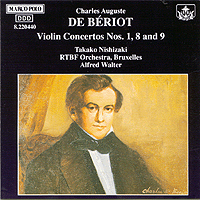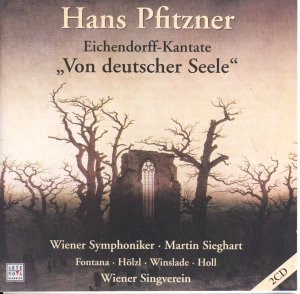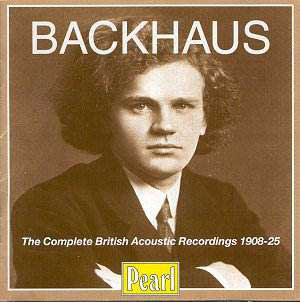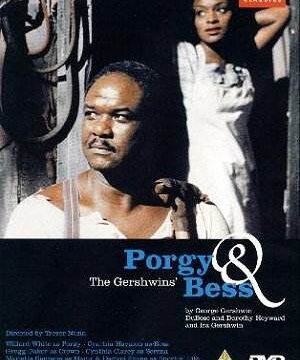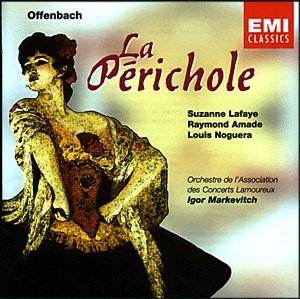 Composer: Jacques Offenbach
Composer: Jacques Offenbach
Works: La Périchole (1868)
Performers: Susanne Lafaye (sop) (La Périchole), Raymond Amade (ten) (Piquillo), Louis Noguera (bass) (Don Andrès), Jean-Christophe Benoit (bar) (Le Comte), Pierre Germain (ten) (Don Pedro), Janette Vivalda (sop) (Guadalena), Monique Linval (mezz) (Berginella), Denise Monteil (sop) (Mastrilla), Agnès Disney (mezz) (Frasquinella), Jacques Pruvost (ten) & Christian Asse (ten) (Notaries)
Recording: EMI 574 0882, Mono, ADD, Recorded in Salle de la Mutualité, Paris, June 1958
Label: EMI
Jacques Offenbach’s La Périchole, a quintessential work of the opéra-comique genre, premiered in 1868 and continues to resonate with audiences for its lively melodies and satirical wit. The opera’s narrative, centered around the titular street singer and her romantic misadventures involving a drunken marriage and political intrigue, serves as a compelling lens through which Offenbach critiques social hierarchies and human folly. This particular recording, featuring a cast led by Susanne Lafaye and Raymond Amade, captures both the charm and the satirical edge of the piece, albeit within the technical limitations of its mono recording.
The performance by Lafaye as Périchole is the highlight of this recording. Her delivery of the celebrated “O mon cher amant” showcases a lyrical sensuousness that is both compelling and tender, embodying the character’s aspirations and vulnerabilities. Lafaye’s ability to switch from the gravity of the “letter-song” to a comic portrayal in “Ah! Quel diner” exemplifies her versatility and understanding of Offenbach’s nuanced characterizations. Amade’s Piquillo, while occasionally lacking in emotional depth due to a thin vocal timbre, manages to convey a sense of earnestness that aligns well with the character’s plight, particularly in the Act 1 duet where their chemistry is palpable.
Markevitch’s direction of the Orchestre de l’Association des Concerts Lamoureux is characterized by a meticulous attention to detail, ensuring that the ensemble captures the briskness and rhythmic vitality inherent in Offenbach’s score. The Galop de l’arrestation is executed with impressive precision, a testament to the conductor’s ability to maintain cohesion among a large group of performers. However, the recording does reveal some limitations; the chorus at times sounds overly shrill, likely a result of the engineering choices made during the mono era. The overall sound quality, while clear, lacks the warmth and spatial depth that modern listeners might expect from contemporary recordings.
The historical context of La Périchole cannot be overlooked, as it represents a significant development in Offenbach’s oeuvre, bridging the gap between his lighter operettas and the more profound narrative depth found in Les contes d’Hoffmann. This recording, though made in 1958, allows listeners to appreciate the work’s evolution while also serving as a reference point for modern interpretations. Comparatively, more recent recordings, such as the 1992 version with the Rhine Opera, offer the advantages of stereo sound, yet this EMI reissue stands as an important historical document that captures the essence of a performance style that preceded the widespread adoption of modern recording techniques.
La Périchole, in its multifaceted examination of love, ambition, and societal critique, emerges as a work of considerable depth and humor. This recording, while not without its imperfections, encapsulates the charm and vibrancy of Offenbach’s music, aided by a commendable cast and a conductor who understands the delicate balance between satire and sincerity. The listener is left with a sense of the opera’s enduring appeal, as well as an appreciation for the artistry involved in its original performance.
